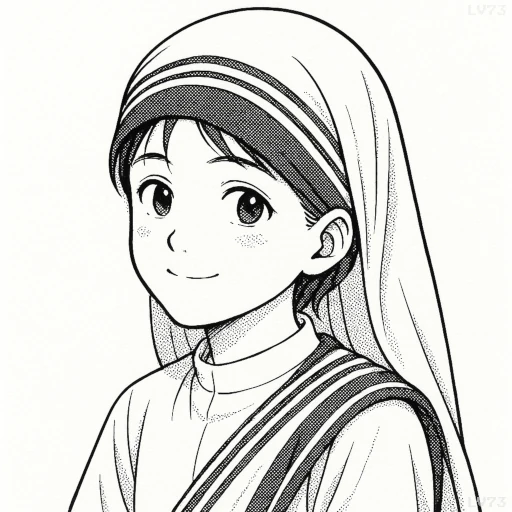“The greatest destroyer of peace is abortion because if a mother can kill her own child, what is left for me to kill you and you to kill me? There is nothing between.”

- August 26, 1910 – September 5, 1997
- Albanian
- Catholic nun and saint
table of contents
Quote
“The greatest destroyer of peace is abortion because if a mother can kill her own child, what is left for me to kill you and you to kill me? There is nothing between.”
Explanation
In this quote, Mother Teresa expresses her belief in the sanctity of life and the moral implications of abortion. She argues that if society can justify the act of killing an unborn child, it becomes more difficult to uphold the value of human life in other contexts. Her words suggest that abortion, in her view, weakens the foundational respect for life itself, making it easier for people to justify violence in broader societal interactions. By drawing a direct connection between motherhood and the value of life, she stresses that if a mother can take the life of her own child, it diminishes the sacredness of all lives.
Mother Teresa’s perspective is rooted in her deep Catholic faith, which teaches the inviolability of life from conception to natural death. She worked in a time when poverty and suffering often led people to make difficult decisions, yet she always advocated for love, care, and compassion as ways to address societal issues without resorting to harm. Her opposition to abortion was part of a broader effort to support life and peace in a world filled with suffering and conflict.
In contemporary society, this quote sparks discussions about the ethics of abortion and the broader issue of violence in communities. While the views on abortion are diverse and complex, Mother Teresa’s message challenges us to reflect on how we value life in all its forms. The argument she presents serves as a reminder of the importance of compassion, respect, and peace, and how choices, especially regarding life, influence the larger fabric of society. For example, reducing violence or promoting peace in a community can begin with the respect for every individual’s dignity, from the unborn child to the elderly.
Would you like to share your impressions or related stories about this quote in the comments section?





